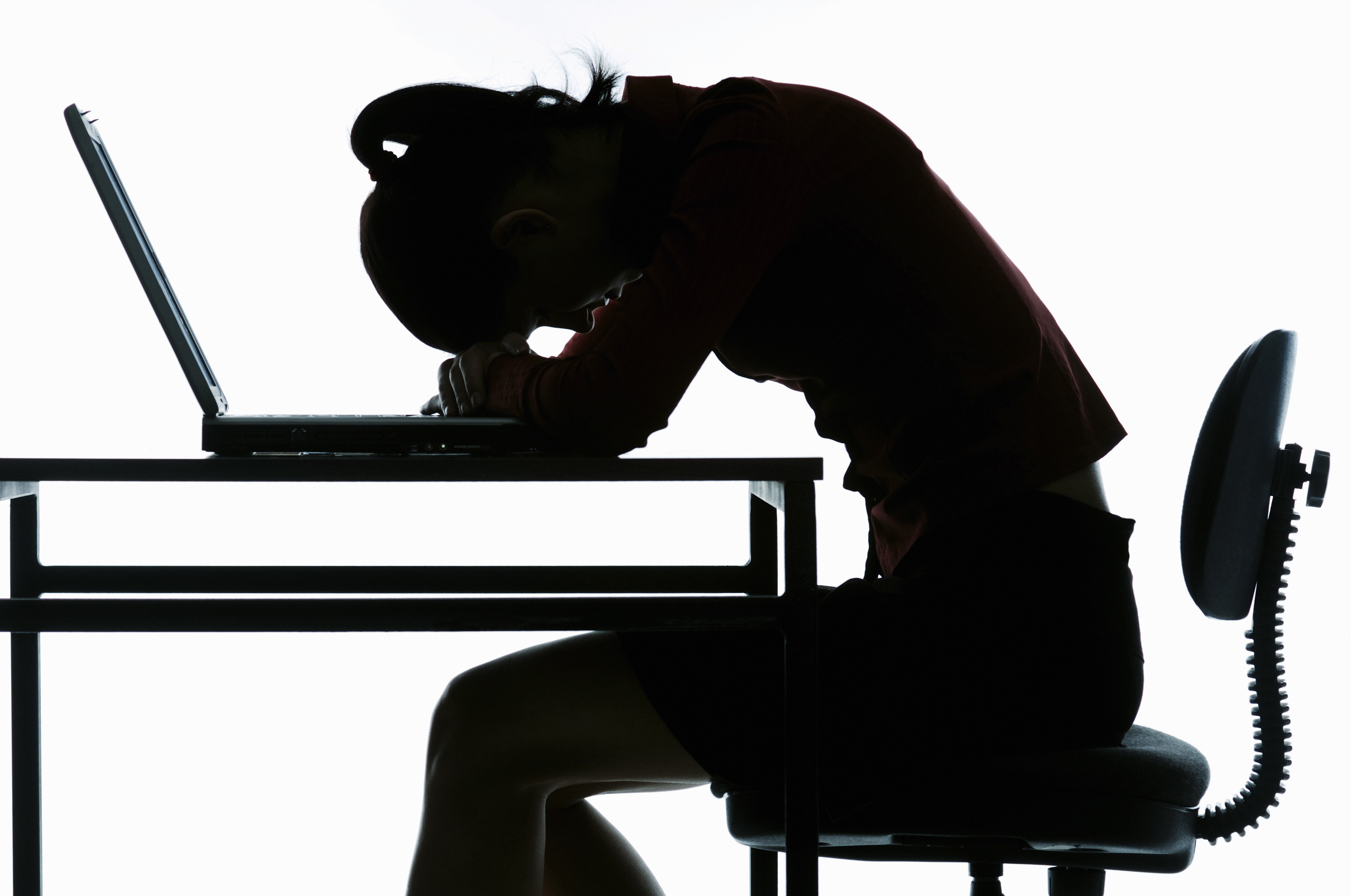Healthy sleep habits can make a huge difference on how well you sleep and your overall quality of life. Try these sleep practices on a regular basis:
- Maintain a regular sleep schedule. Go to bed and get up at the same time each day, even on weekends. This will help regulate your body’s clock.
- Exercise daily. Moderate to vigorous exercise is the best, but even the lightest of exercise can improve your sleep.
- Practice a bedtime ritual. A relaxing, routine activity right before bedtime conducted away from bright lights helps separate your sleep time from activities that can cause excitement, stress or anxiety which can make it more difficult to fall asleep, get sound and deep sleep or remain asleep.
- Avoid naps, especially in the afternoon. Power napping may help you get through the day, but if you find that you can’t fall asleep at bedtime, eliminating even short catnaps may help. Try to avoid naps within 6 hours of bedtime. Get up and take a short walk to ease sleepiness in the afternoon.
- Evaluate your room. Design your sleep environment to establish the conditions you need for sleep. Your bedroom should be cool – between 60 and 67 degrees. Your bedroom should also be free from any noise that can disturb your sleep. Finally, your bedroom should be free from any light. Many items in the bedroom (i.e., clocks) emit blue light. Either cover these or remove them from the room. Check your room for noises or other distractions. This includes a bed partner’s sleep disruptions such as snoring. Consider using blackout curtains, eye shades, ear plugs, “white noise” machines, humidifiers, fans and other devices.
- Sleep on a comfortable mattress and pillows. Make sure your mattress is comfortable and supportive. We all prefer a different kind of mattress, so choose the one that makes you feel the best. If your mattress is over 8 years old, it is time to get a new one. I suggest you decorate the room so that you want to sleep in it. Make it inviting!
- Use bright light to help manage your circadian rhythms. Avoid bright light in the evening and expose yourself to sunlight in the morning. This will keep your circadian rhythms in check.
- Avoid alcohol, cigarettes, and heavy meals in the evening. Alcohol, cigarettes and caffeine can disrupt sleep. Eating big or spicy meals can cause heartburn and make it hard to sleep. Avoid those meals 2-3 hours before you go to bed. If you are hungry when turning in at night, have a light snack.
- Wind down. Your body needs time to transition into sleep mode, so make sure to spend the last 60-90 minutes doing a calming activity/routine such as reading, knitting or getting ready for bed. Keep the lights dim. I suggest not using electronic devices such as laptops, phones or tablets during this time as the blue light emitted from these devices can make it hard to fall asleep. This rule applies if you wake up in the middle of the night and cannot fall back asleep.
- If you can’t sleep, go into another room and do something relaxing until you feel tired. After 15 minutes of being awake, get up, go somewhere else. It is best to take work materials, computers and television out of the sleeping environment. Use your bed for sleep and sex only to strengthen the association between bed and sleep.
If your still experience significant sleepiness, consult your doctor.
